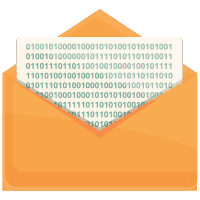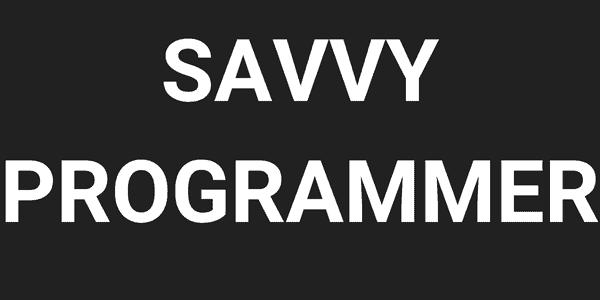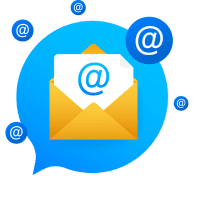Learning to code is the fun part. It could launch a new, successful career for you with plenty of potential. But the slightly less fun part, for most people, is the process of finding the right job. Interviews are something that many struggle with, especially if it’s for a role in an unfamiliar industry or sector.
Interviews for coding jobs can have several rounds too, designed not just to get a feel for you as a person but also to test your hard skills. But don’t panic—if you’re well-prepared, you could ace even your first interviews.
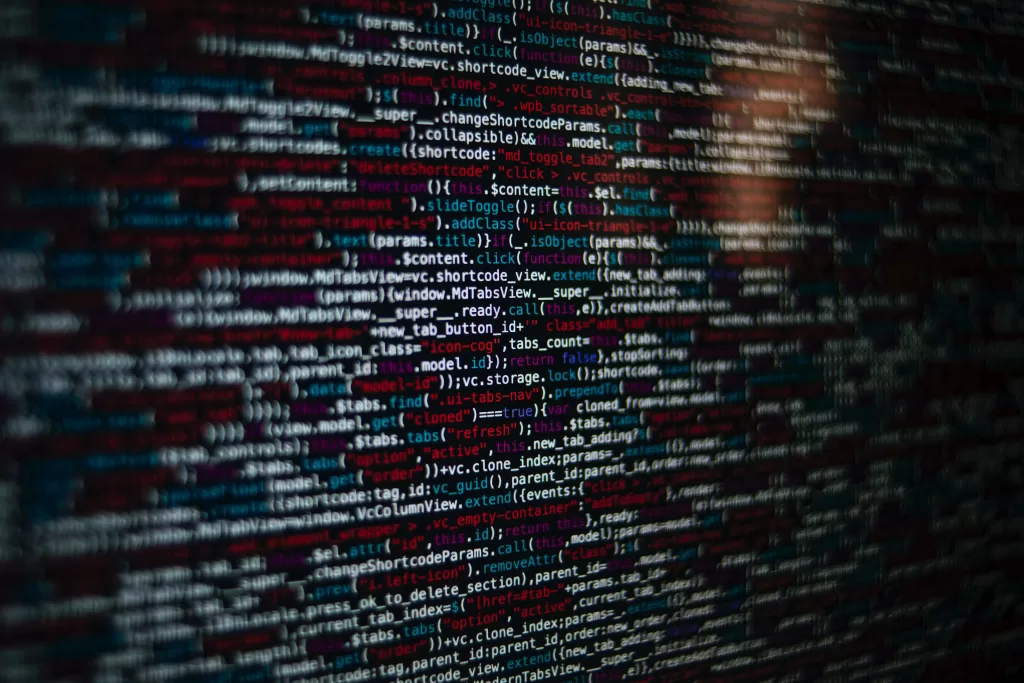
1. Pick a Language You're Confident In
When you’re being tested on your coding skills, you can often pick which coding language you want to use. This is pretty handy if you’re more confident in one language than others, although the role might require you to be comfortable using more than one. Choose the language you’re most familiar with if you want to be confident. But keep in mind that it’s also a good idea to select one that’s widely used and has the functionality you might need.
2. Be Sure to Practice
Everyone’s skills can get a little rusty sometimes, even with something they’ve only recently learned. It’s essential to practice your chosen programming language before your coding interview if you want to ace the tasks you’re given. Spend some time solving algorithms and mastering data structures, especially if you’re being asked to program in a language you’re less familiar with. There are plenty of resources you can use to practice algorithms and brush up on data structures. Try using Leetcode, Hacker Rank and similar sites to learn and test yourself.
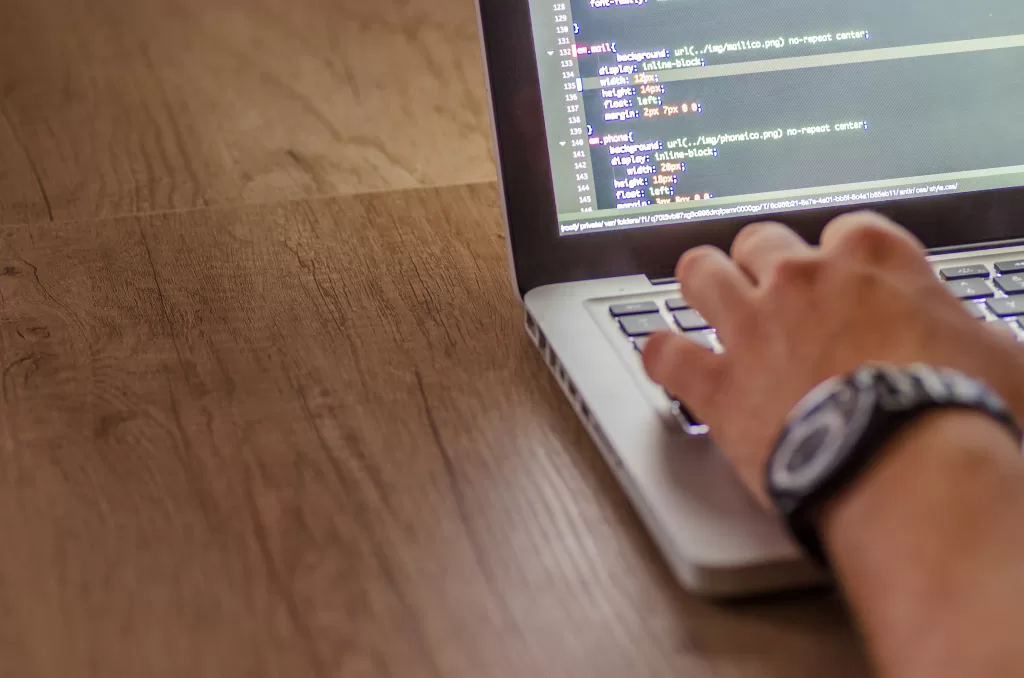
3. Go Over Common Questions
Any interview preparation should include going over common questions that you’re likely to be asked. When you’re looking at these questions, keep in mind that the interviewer isn’t just asking about your knowledge and experience but also wants to know about your ability to prepare useful answers to these questions. You might be asked a variety of technical questions, as well as more general interview questions. When you’re practicing answering questions, you can easily find example answers online. However, it’s important to make sure you understand your own answers when you give them. Consider asking someone to do a mock interview with you so that you can practice answering out loud. Preparing your answers will help you have them ready to pull out when you’re asked key questions.
4. Communicate Your Thinking and Understanding
One of the things you could end up overlooking is your ability to explain various concepts and your own thinking out loud. It’s not always easy to do, but it can be a valuable skill, especially when speaking to non-technical recruiters. It’s also useful to be able to explain what you’re thinking before taking action to make sure you’re taking the right approach before you start working on your solution. Try practicing explaining different concepts out loud to become comfortable with it.
5. Research the Company and Role
Coding interviews will place a big emphasis on your technical skills, but other factors matter too. One of the advantages you can give yourself is researching the company and gaining a good knowledge of the type of work they do, what systems they use, what languages they prefer, and a bit of background about the company. This helps you work out how you could fit into the company and its culture.
Your first coding interviews can be nerve-wracking. However, there are plenty of steps you can take to prepare. Practice makes perfect when it comes to both your technical skills and general interview skills.

